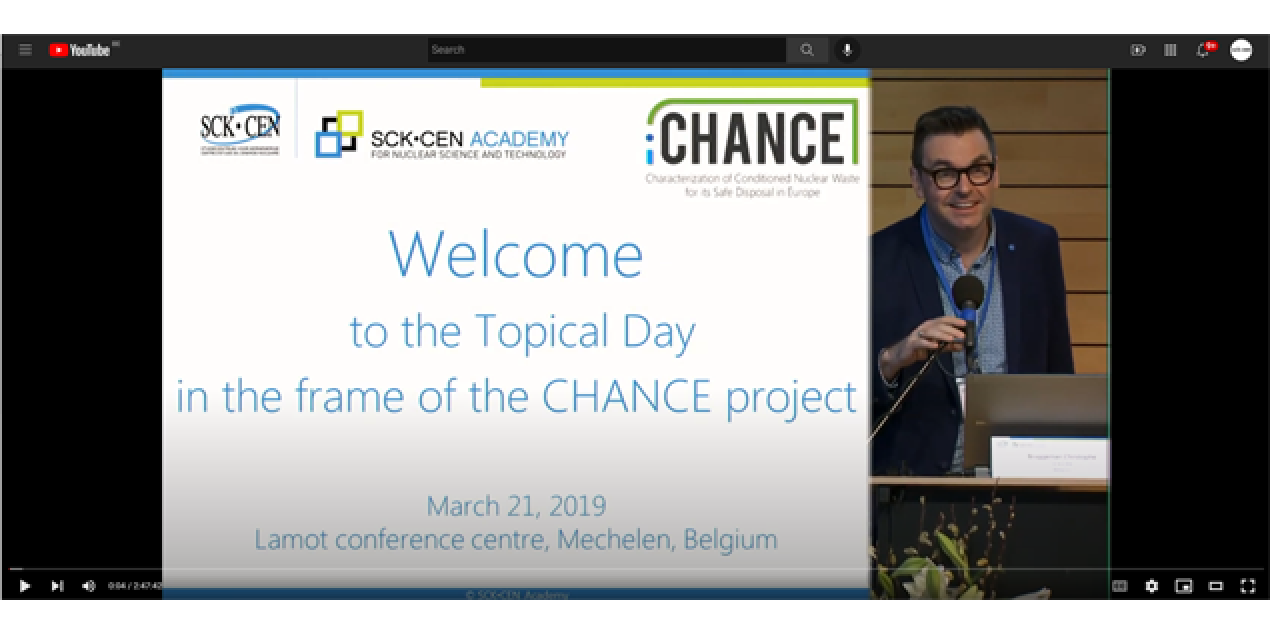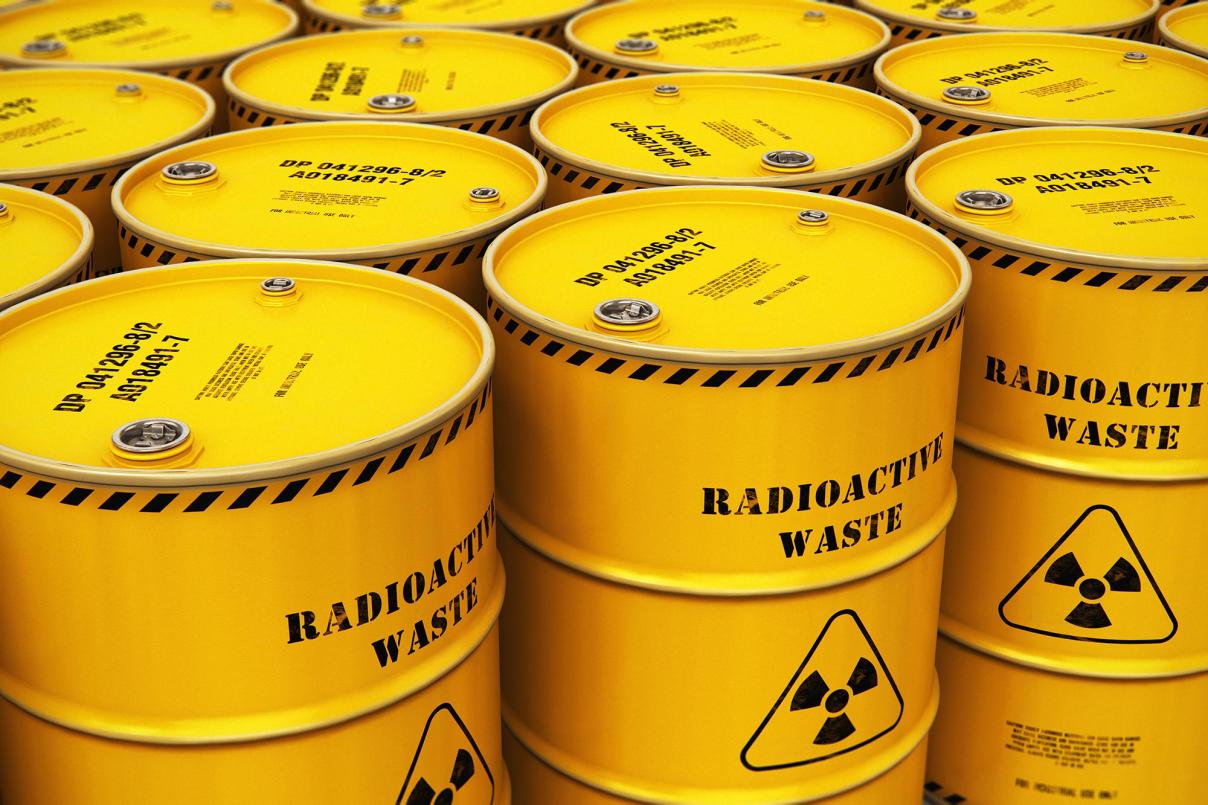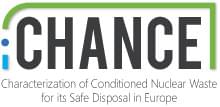CHANCE: Characterization of conditioned radioactive waste
Safe interim storage and final disposal of radioactive waste (RW) requires effective characterization and quality control of the waste. The CHANCE project therefore aims to address the specific and complex issue of the characterization of conditioned radioactive waste (CRW) by means of non-destructive analytical (NDA) techniques and methodologies. Characterization issues within CHANCE encompass both physico-chemical characterization and radiological characterization.
Latest news
 01 April '22
01 April '22 01 February '22
01 February '22 21 January '22
21 January '22
Take a look at the complete news overview.

What exactly does CHANCE investigate?
The CHANCE project will establish a comprehensive understanding of current characterization methods and quality control schemes for conditioned radioactive waste in Europe. Furthermore, CHANCE will develop, test and validate already-identified and novel techniques that will undoubtedly improve the characterization of CRW. These techniques include:
- Calorimetry as an innovative non-destructive technique to reduce uncertainties on the inventory of radionuclides;
- Muon Tomography to address the specific issue of non-destructive control of the content of large volume nuclear waste;
- Cavity Ring-Down Spectroscopy (CRDS) as an innovative technique to characterize outgassing of radioactive waste.
Finally, dissemination activities such as a Topical Day and a training course will be foreseen to share the project results with the stakeholders.
-

Scope & WP
-

Deliverables
-

Publications
-

Members login
